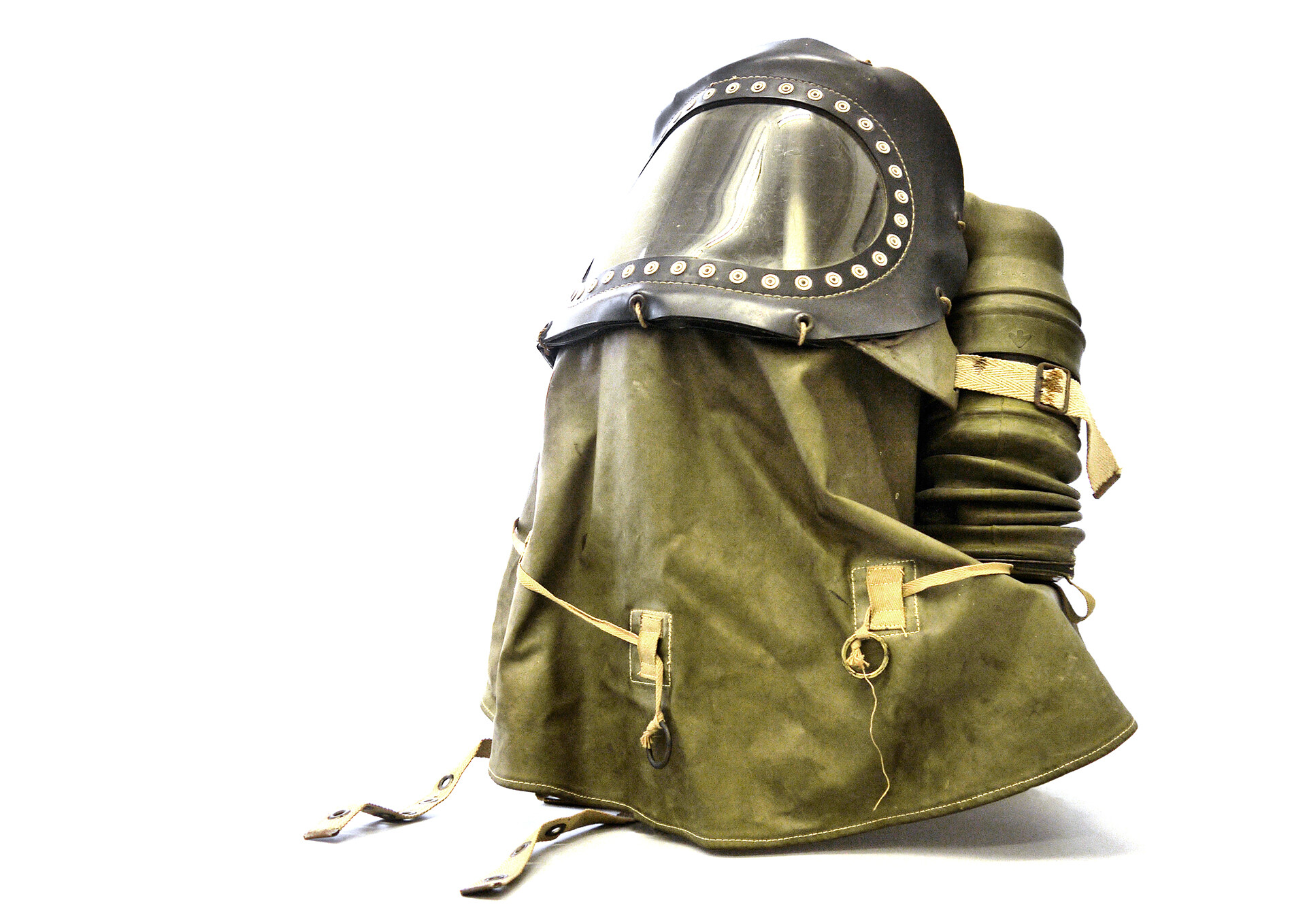The German invasion of neutral Belgium in 1914 forced many civilians to flee, most of them to England via Folkestone. Many moved on but, together with all the soldiers stationed in the town, the 15,000 Belgians that stayed made the town incredibly crowded. Despite the hardships, the people of Folkestone established a War Refugee Committee and the Belgian Relief Fund to house and feed the refugees, providing up to 6,000 free meals a day.
During WWII, Folkestone once again became the frontline with Nazi-occupied Europe following the fall of France in 1940. Folkestone was put under martial law and occupied by Allied forces. In range of the German Cross- Channel guns and regularly damaged in air raids, most women and children were evacuated from the town.
‘England’s first actual contact with the grim horrors of war was in Folkestone … when boats came into the harbour crowded with refugees from gallant little Belgium. … The visitors were terror-stricken, and many of them absolutely refused to leave the boats.’
John Charles Carlile,
Folkestone Baptist Minister, 1919

